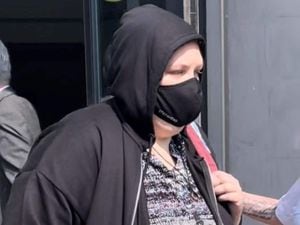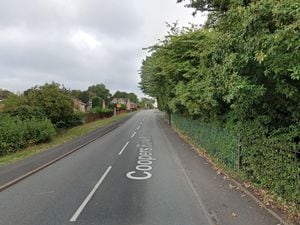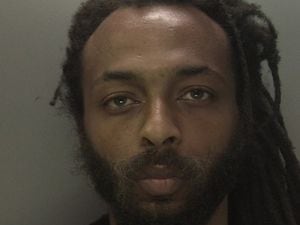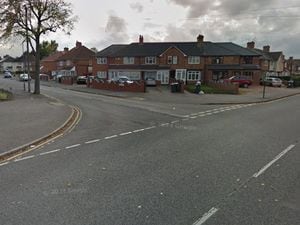'Shocking' hate crime statistics in schools
Researchers from Staffordshire University have revealed 'shocking' figure on hate crime in schools.
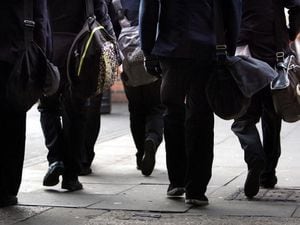
The team is calling for more Government funding to crack down on race-hate in schools and the wider community.
Sarah Page, senior lecturer in sociology and criminology, collected data from 57 Midlands-based school and college pupils aged 14- to 17-years-old - just under half of the participants were black and minority ethnic (BAME) pupils.
Sarah said: “Key findings showed that regardless of ethnicity, young people can be victims, witnesses and also perpetrators of race hate crime. The extent of race hate crime was quite apparent, and the effects of race hate crime was also quite shocking.
“Racism was witnessed and experienced via social media according to the young people who took part in the study. With the current Covid-19 lockdown there is concern about possible increased racial abuse taking place online.”
Pupils described race-hate victimisation that ranged from verbal abuse to physical assault including reports of weapons being used in some of the attacks.
Islamophobic abuse such as headscarves being removed was reported along with race-hate between white and BAME pupils and between BAME pupils of different origins.
Tension
Inter-school racial conflict was also described. Schools with higher BAME pupil populations were negatively labelled by pupils from white majority schools.
Sarah added: “The research shows that racial tension is pervasive in the lives of these young people and that simultaneous intervention is required in school, in the community, on social media and in news reports in order to address racism.
“We had young people tell us their hair is falling out because of the stress and the trauma from racist verbal abuse.
"Another concern was that some pupils described some of their teachers – not all – as racist. They recognised that when punishments were distributed in schools there was bias towards white students so they had less of a punishment than a BAME equivalent. That kind of prejudiced behaviour also concerned us."
Sarah is encouraging the Government to make concerted efforts to eliminate racism and race-hate related extremism within society and schools, including training all staff on extremism and race issues.
Sarah added: “Schools are under-resourced and that has implications for how complaints from pupils get addressed and whether or not a school wants to follow through on punishment, for example.
"As a result we would also advocate that the government makes sure schools get extra funding to address pastoral support and challenging behaviour.”

